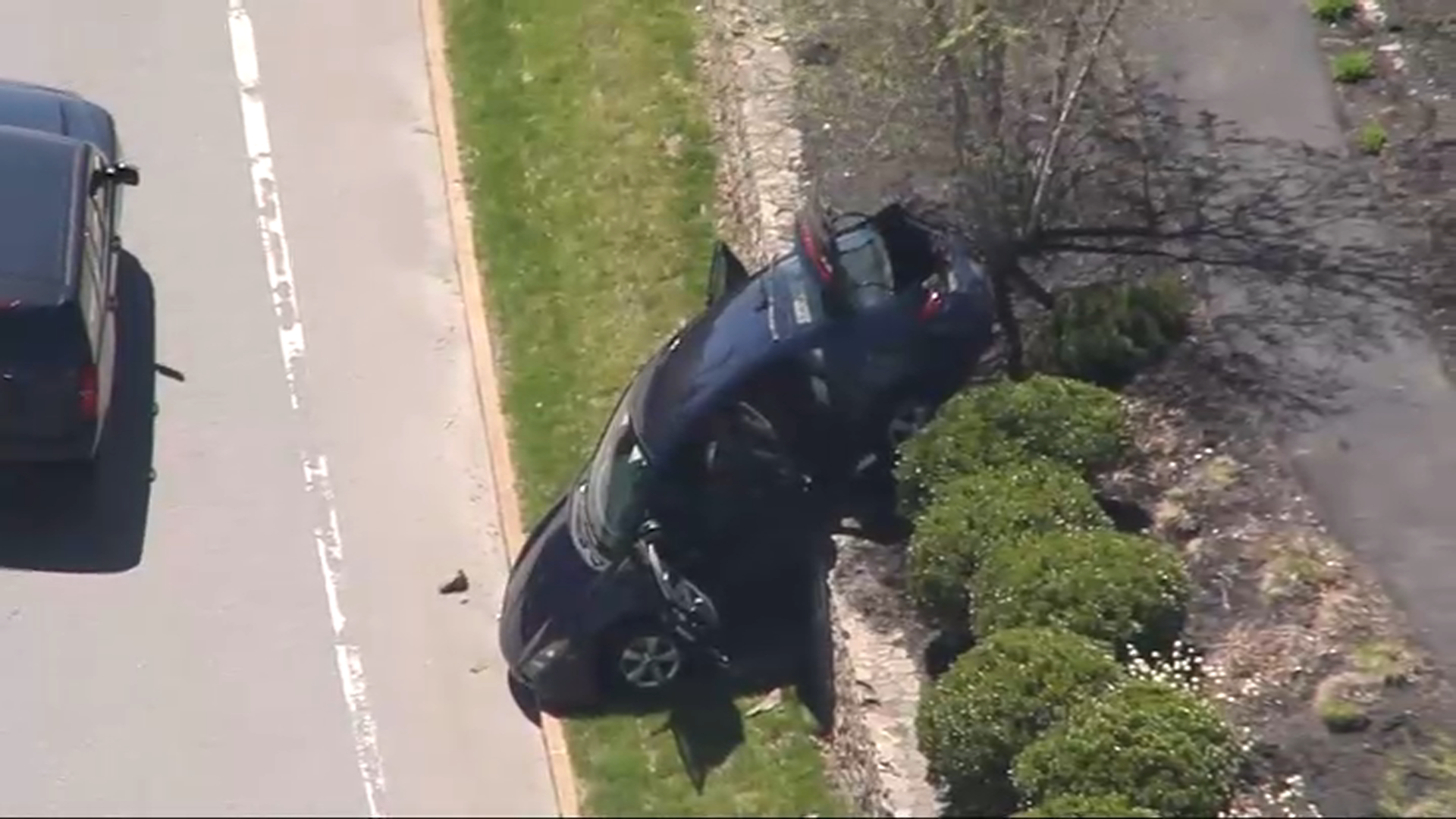Zid Al Nasar never dreamt that his family would be in America, not after the nightmare that was their life in Syria. It was a life of violence and random bombings. In May of 2013, a bomb exploded across the street from his mobile phone store.
"There were kids playing there and several of the kids lost their lives. I witnessed a kid who had literally lost his head to the attack," Al Nasar said. He was not going to see his wife and children die.
The next morning, they fled their hometown of Daraa.
Daraa is the epicenter of Syria's Arab Spring. An uprising in March of 2011 would eventually lead to the civil war. Since then, more than 4 million Syrians have fled their country, according to the United Nations High Commissioner for Refugees (UNHCR). Of those, the U.S. has taken in about 2,150 since October of 2011, most in the last year.
Source: Department of State
"They go through land and sea and die at sea for safe haven. They walk for hundreds and thousands of miles to get to Paris or Europe, their main objective," Al Nasar said. "Their main goal is to find safe haven and to run away from death."
Al Nasar said his family is lucky to be among the tiny percentage who can stop running. The safe haven chosen for them? Westfield, Massachusetts.
Massachusetts
The latest news from around the state
"In America, the spring beautiful, the fall beautiful, winter ... not so beautiful," he said, laughing.
Even still, Al Nasar said adjusting to life in America this past year has not been hard. But getting to America was extremely difficult.
Refugee Reality: Syrian Family Resettles in Massachusetts
From Daraa, he took his family to Lebanon, and then Egypt, to seek refugee status and resettlement. The process involved three extensive interviews with the UNHCR, followed by three more interviews with the International Organization for Migration.
The background checks include fingerprinting and medical screenings. Various U.S. federal security agencies are also involved if the refugee is bound for America. It is this vetting process, which usually takes two years or more, that is now under fire in the wake of the Paris attacks.
Authorities say a Syrian passport was found near one of the attackers who had apparently posed as a Syrian refugee to enter Europe. That news has U.S. leaders from both parties questioning President Obama's pledge in October to accept 10,000 Syrian refugees over the next 12 months.
"We shouldn't be allowing people that we don't know if they're Jihadist or not to come and live in America and to risk our lives," said Sen. Ted Cruz (R-Texas).
"I'm asking for a pause while the federal government re-assesses and double checks the vetting system," said Gov. Maggie Hassan (D-New Hampshire).
As the debate rages on, Syrian refugees continue to land at airports across the country. In Massachusetts, 70 refugees have resettled in the past 12 months.
So what happens after they land? Who helps them on the next leg of their journey?
"We get them off the plane, we have already found them housing ahead of time place," said Angela Bovill, President & CEO of Ascentria Care Alliance. "We provide short-term meals, some of the furniture.
Ascentria is a human services organization based in Worcester, Massachusetts, that offers many programs, including refugee resettlement. After immediate needs are met, the agency teaches the refugees English and computer skills, how the currency and transportation systems work, and gives them cultural orientation and legal assistance.
Ascentria has resettled 30 Syrian families in Massachusetts over the past 12 months.
"I think the most heartbreaking thing is when you talk to them, you realize all of them have lost," Bovill said. "All of them would have rather stayed home if they could have."
Al Nasar continues to learn English at Ascentria and works at a food processing plant. While the older children attend school, his wife, Zenab, watches over their toddler and their 2-month-old son, who was born in America.
"I say every day, thank God I'm safe, me and my family," Zid Al Nasar said. "But I say, what are all the other people going to do back home?"
RELATED LINKS:



